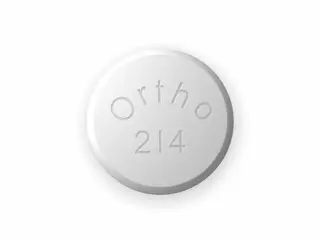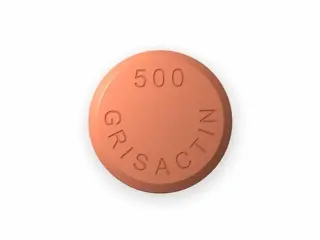Antifungal
Effective antifungal treatments to quickly relieve and eliminate fungal infections. Shop trusted medications for skin, nails, and oral care and restore your health with confidence.
Antifungal medications are essential for treating fungal infections. These infections can affect skin, nails, and internal organs. The most common antifungal drugs include Diflucan, Grifulvin, Grifulvin V, Grisactin, Lamisil, Lotrisone, Nizoral, and Sporanox. Each drug works in a slightly different way and is used for specific fungal conditions.
Diflucan, also known as fluconazole, is a widely used antifungal. It is effective against yeast infections and fungal meningitis. Users report that Diflucan is easy to take and works quickly. It comes in pill form and is usually taken once a day. Side effects are generally mild but can include headache or stomach upset. Doctors often prescribe Diflucan for both oral and vaginal yeast infections.
Grifulvin and Grifulvin V are older antifungal agents containing griseofulvin. They work by stopping the growth of fungi. Grifulvin V is a micronized form, which means it absorbs more easily in the body. These medicines are mostly used for scalp and skin fungal infections. Patients often take these pills for several weeks or even months. Common side effects include headache and nausea. Grifulvin is less popular now but still effective for some stubborn infections.
Grisactin is another brand containing griseofulvin. It is similar to Grifulvin and Grifulvin V. Grisactin is usually prescribed for skin and nail fungus. It may take weeks to see improvement. Users should follow the dosage instructions carefully. Like other griseofulvin drugs, it can cause dizziness or stomach discomfort.
Lamisil contains terbinafine, a powerful antifungal. It is effective against athlete’s foot, ringworm, and nail fungus. Lamisil tablets are commonly taken once daily. Many users report quick relief from itching and redness. Lamisil can also be used topically in cream form. Side effects may include headache, rash, or stomach pain. It is considered one of the best options for nail fungus due to its strong action.
Lotrisone combines a steroid with an antifungal agent. It contains clotrimazole and betamethasone. This drug treats fungal infections with inflammation and itching. Lotrisone cream is easy to apply and works fast. However, it should be used carefully due to the steroid content. Overuse can cause skin thinning or other side effects. This medication is suitable for athletes’ foot and ringworm with severe irritation.
Nizoral is an antifungal containing ketoconazole. It is available as a cream, shampoo, and pill. Nizoral treats dandruff, seborrheic dermatitis, and fungal infections. Many users find the shampoo helpful for controlling scalp issues. The pill form is prescribed for serious fungal infections in the body. Nizoral may cause side effects like nausea or liver problems in rare cases. It is important to follow doctor advice when using this medicine.
Sporanox, or itraconazole, is an effective antifungal used for serious infections. It treats fungal infections of the lungs, nails, and other organs. Sporanox capsules are taken with food to improve absorption. Users report good results with long-term infections. Side effects can include stomach upset, headache, and liver enzyme changes. Sporanox should be used under medical supervision because of its strong effects.
In summary, each antifungal medication has its own benefits and uses. Diflucan is preferred for yeast infections. Griseofulvin products like Grifulvin and Grisactin are chosen for skin and scalp infections. Lamisil is a top choice for nail fungus and athlete’s foot. Lotrisone is helpful when inflammation is present. Nizoral offers multiple forms for different fungal conditions. Sporanox is used for severe internal fungal infections. Choosing the right antifungal depends on the infection type and patient needs.
Most antifungal pills require a full course of treatment to prevent the infection from returning. Patients should not stop medication prematurely. Side effects vary by drug but are usually mild. If severe reactions occur, medical advice is necessary. Some antifungal drugs can interact with other medicines, so inform your doctor about all medications you take.
Proper hygiene and care also help prevent fungal infections. Keeping skin dry and clean is important. Avoid sharing towels or footwear that can spread fungi. Wearing breathable shoes and using antifungal powders may reduce risk. Antifungal medications work best when combined with good lifestyle habits.
Overall, antifungal medications are effective tools to combat many fungal infections. With the variety of options available, patients can find the right treatment. Always follow prescription guidance and complete the course. This will ensure the best possible results and minimize the chance of infection returning.









